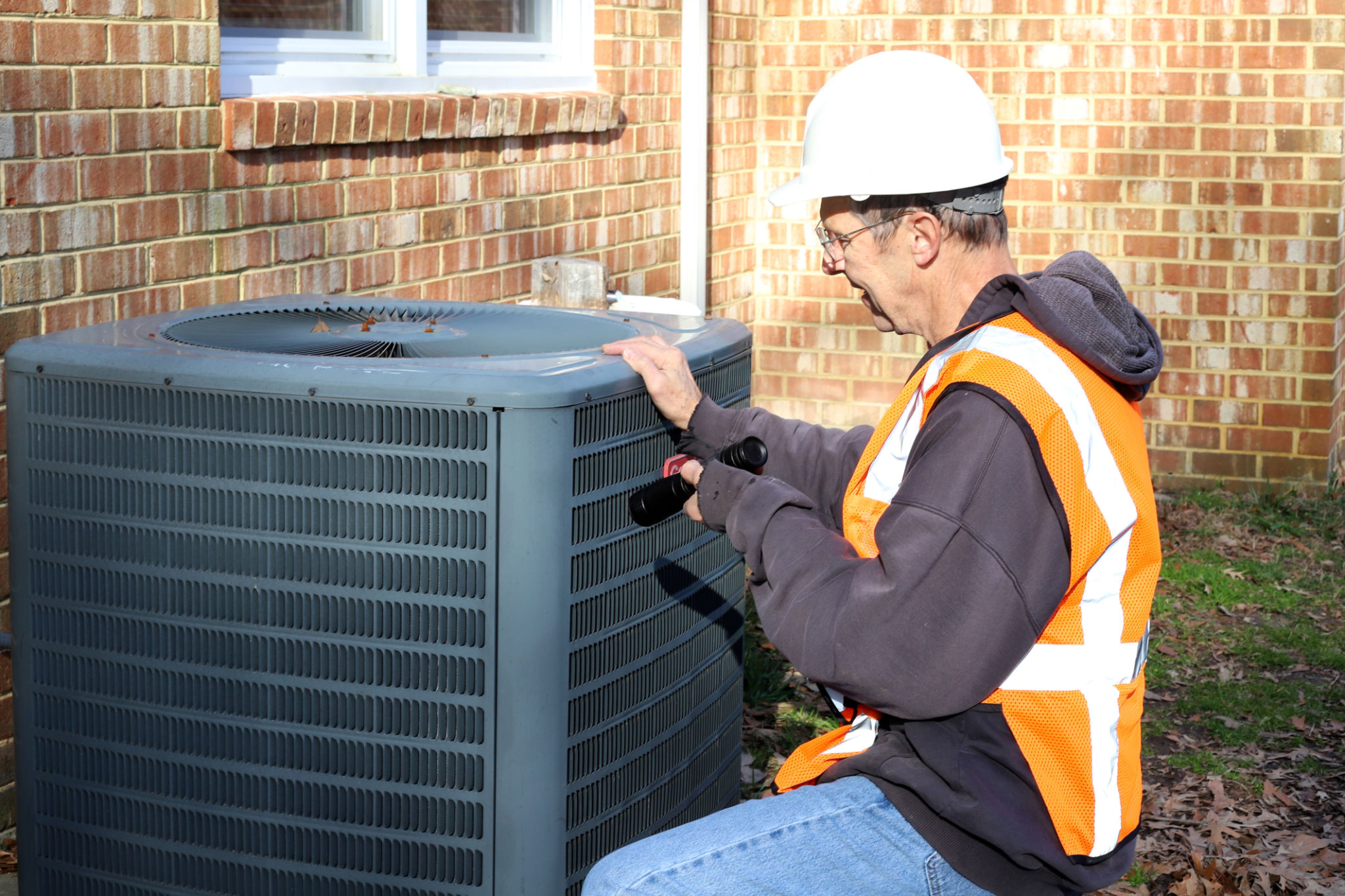Expert Tips for Reducing Energy Bills with Efficient HVAC Usage
With the ever-rising cost of energy, finding ways to reduce energy bills has become a priority for many households. Efficient HVAC (Heating, Ventilation, and Air Conditioning) usage is one of the most effective ways to achieve this goal. By optimizing your HVAC system, you can ensure comfort in your home while also saving money.
Regular Maintenance is Key
One of the simplest yet most effective ways to enhance HVAC efficiency is through regular maintenance. Scheduling professional check-ups at least twice a year can help identify any issues early on. This preventive measure ensures that your system operates efficiently and can significantly extend its lifespan.
During these maintenance visits, technicians will clean or replace filters, check for leaks, and ensure all components are functioning correctly. This not only boosts efficiency but also improves indoor air quality.

Smart Thermostats Offer Better Control
Investing in a smart thermostat can lead to substantial energy savings. These devices allow you to program temperature settings based on your daily schedule. For instance, you can set the thermostat to lower the temperature when you're away from home and increase it just before you return.
Smart thermostats also provide real-time data on energy usage, helping you make informed decisions about your consumption patterns. By optimizing these settings, you can ensure your HVAC system runs only when necessary.

Seal and Insulate Your Home
Proper insulation and sealing are crucial in maintaining an energy-efficient home. Gaps or leaks around windows, doors, and ductwork can lead to significant energy loss. By sealing these openings, you prevent conditioned air from escaping, ensuring your HVAC system doesn't have to work overtime.
Consider adding insulation to attics and walls if necessary. A well-insulated home maintains a consistent temperature, reducing the need for constant HVAC usage and subsequently lowering your energy bills.
Consider Zoning Systems
Zoning systems allow different areas of your home to be heated or cooled independently. This means you can direct heating or cooling only to rooms that are in use, rather than conditioning the entire house. Implementing a zoning system can lead to substantial savings by reducing unnecessary energy expenditure.

Utilize Ceiling Fans
Ceiling fans are an excellent addition to any home when used in conjunction with your HVAC system. During warmer months, ceiling fans can help circulate cool air, allowing you to set your thermostat a few degrees higher without sacrificing comfort.
In the winter, reversing the fan's direction helps distribute warm air that rises to the ceiling back down into the living space. This simple trick can ease the load on your heating system and contribute to energy savings.
Regularly Replace Air Filters
A dirty or clogged air filter makes your HVAC system work harder than necessary, consuming more energy in the process. Regularly replacing air filters every 1-3 months ensures optimal airflow and efficiency. It’s a small task that can have a big impact on both energy bills and air quality.
By taking these expert tips into consideration, you can effectively reduce your energy bills while maintaining a comfortable home environment. Implementing even a few of these strategies will lead to immediate benefits and contribute to long-term savings.